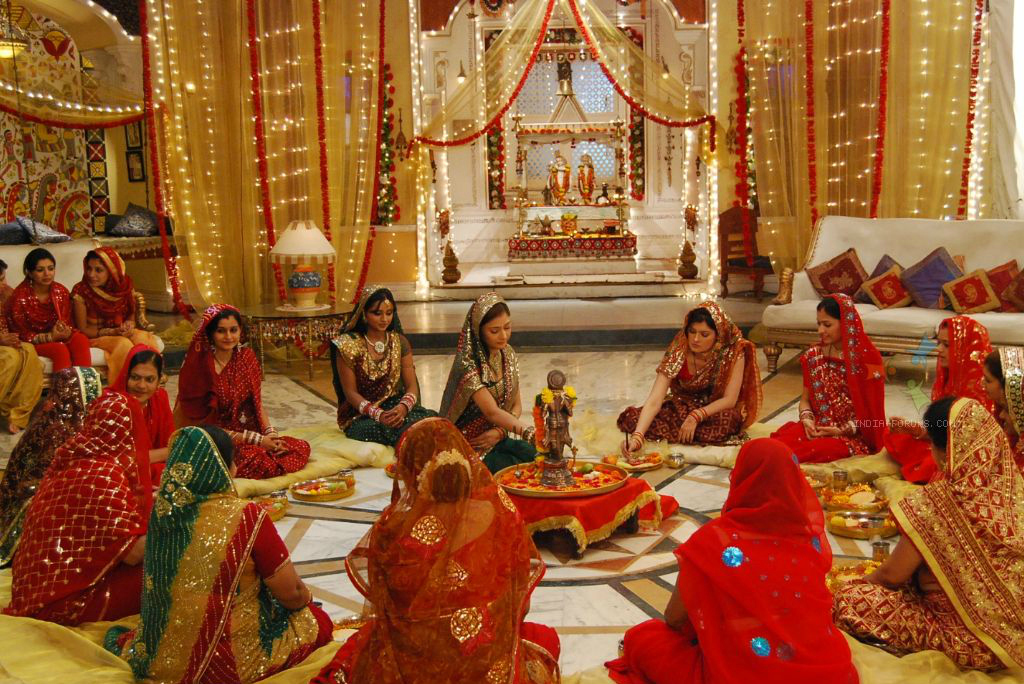
At the end of the day, it\'s the rituals you embrace and make your own that matter. I didn\'t grow up keeping Karva Chauth or seeing my mother hold the fast. (Karva Chauth is a one-day festival celebrated by Hindu women in many countries in which married women fast from sunrise to moonrise for the longevity of their husbands; ref; Wikipedia.) We were raised in a conservative Sikh household, and all rituals were frowned upon. (Sikhism is a breakaway religion from Hinduism and is founded on the belief that the worship of one God be simple and free of the traditions and superstitions that had riddled Hinduism in the 15th century.)
The apparent history of this \"auspicious\" day is associated with the tale of Queen Veervati and her penance to keep her husband alive. The legend goes that Veervati held innumerable fasts as a married woman while living at her parents\' home. She would begin fasting at sunrise and end it at moonrise. Her seven brothers couldn\'t bear her condition. So, one day they tricked her into breaking the fast earlier. The moment she ate, word arrived that her husband was dead.
Heartbroken, Veervati turned towards God to seek solace. Goddess Parvati appeared before her and suggested her to repeat the \"Karva Chauth\" with full devotion. This would bring her dead husband back to life.
She held the fast. He came back to life.
Copyright © 2025 | All Rights Reserved. Designed by Cyberfabrica